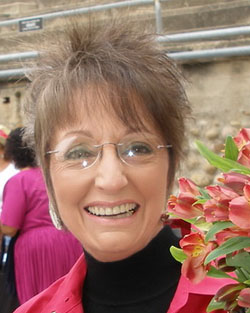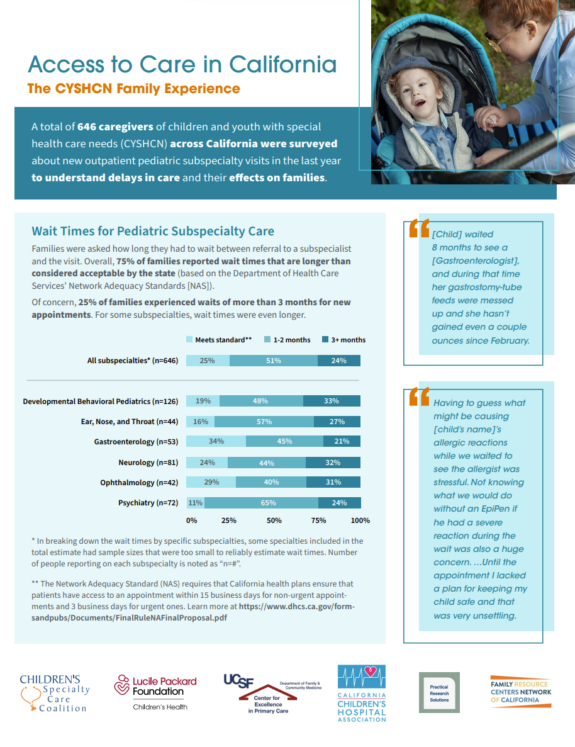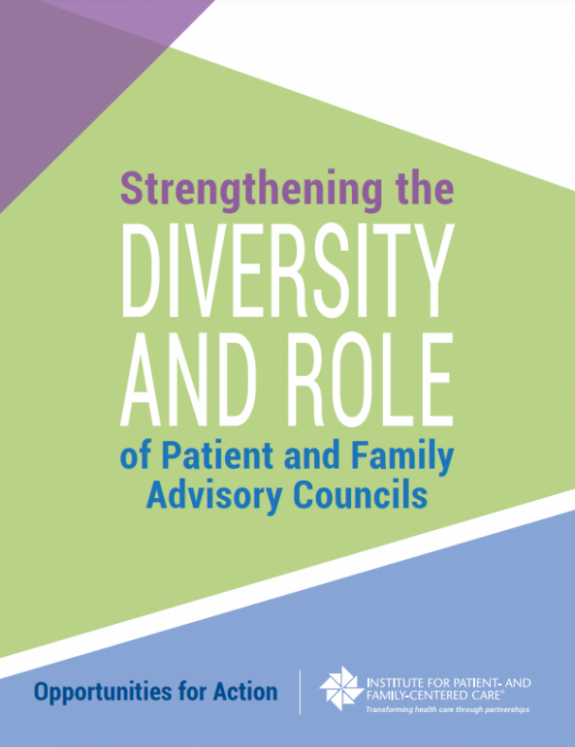Having spent 25 years with the Exceptional Family Resource Center, which serves San Diego and Imperial Counties, Sherry Torok is happy to see how agencies serving children have evolved in their thinking about family-centered care.
“I think now agencies serving children with special health care needs are open to the fact that family support is a requirement, rather than an option,” says Torok, the center’s executive director. “Now I see many families who are empowered and feel they are seen as more equal in designing their child’s care. Self-advocacy is blossoming compared to 15 years ago. I see that as a plus.”
She’s proud of her staff’s longevity, too – her most recently hired staffer started work seven years ago. That constancy is a boon for families who come to the center seeking advice and services for their children with special health care needs. All of the direct service staff who work at the resource center are themselves parents of children with disabilities or special healthcare needs.
“For parents of kids with disabilities, it’s a way of giving back.” Torok says. “I have very seasoned staff who obviously love this job. They are skilled, committed and highly experienced.”
Before joining the resource center, Torok managed the Health, Social Services, Education and Disability components of NHA Head Start and prior to that worked for the Bureau of Indian Affairs.
Having a cousin with a developmental delay and another, now deceased, who suffered from cystic fibrosis, “gave me a personal connection I wouldn’t have had otherwise,” Torok said. In choosing a career, “You just begin to see that there are certain things that catch your interest, and you think, I’d like to pursue that.”
“Having the involvement of parents has always made a significant difference in children’s positive outcomes, whether advocating in a healthcare or education arena.
In diverse San Diego and Imperial Counties, Torok and her staff work with many families speaking Spanish, Korean, Japanese, Tagalog and even American Sign Language, making every effort possible to find credible translators in languages these families speak.
Torok, a member of the California Advocacy Network for Children with Special Health Care Needs, finds the Network to be a valuable tool for her program.
“When we’re applying for grants, to say that we partner with the Network and are a Council member of the California Chapter of Family Voices makes us more credible,” she said. “Both networks allow the opportunity to talk with people who have your same interests and same challenges. They can offer strategies you can adapt to your own program.”



